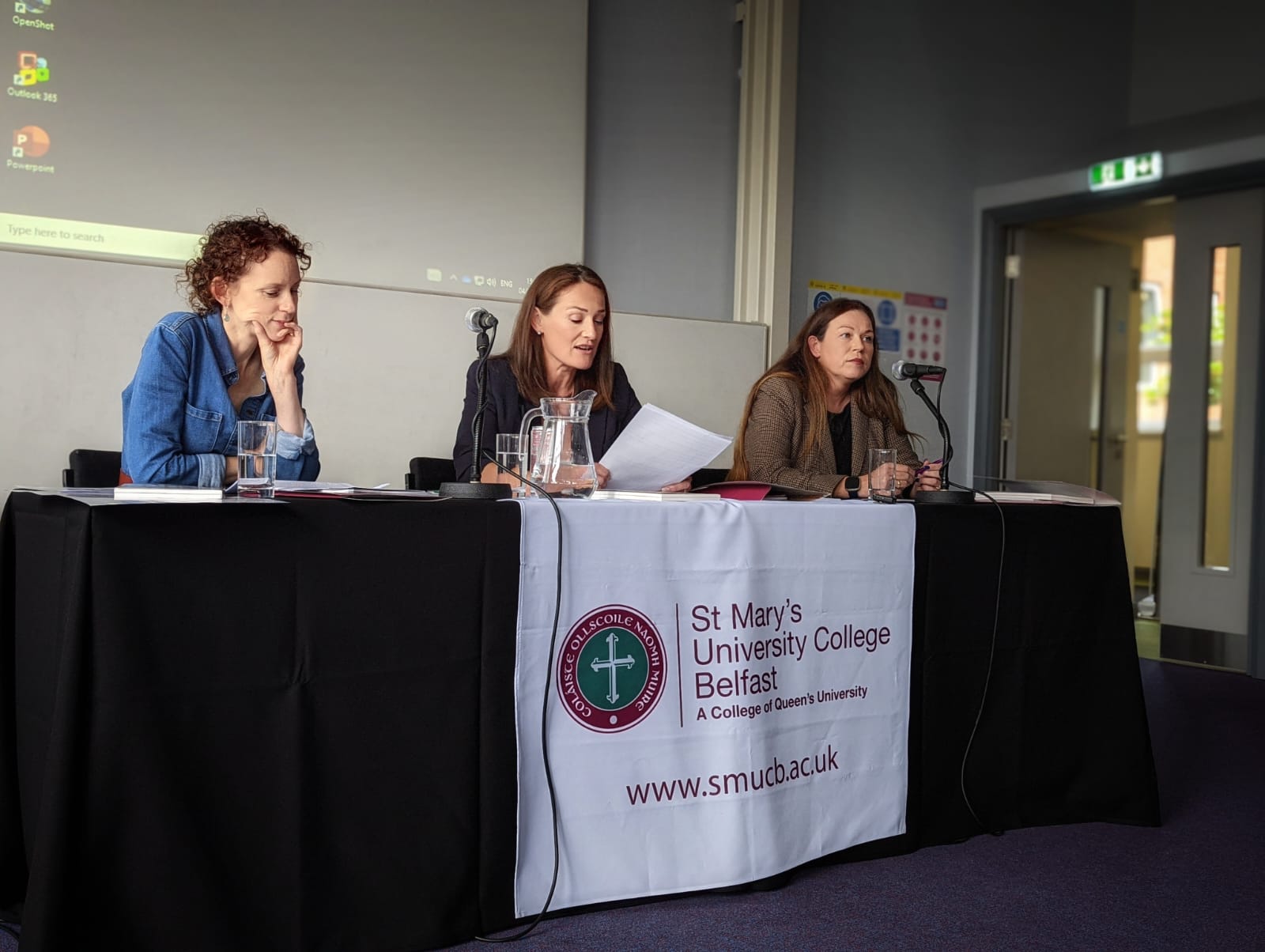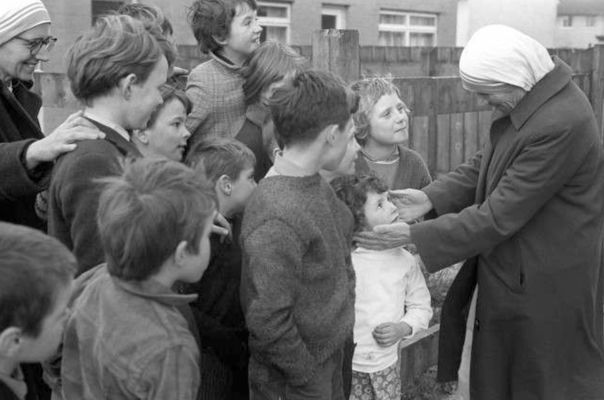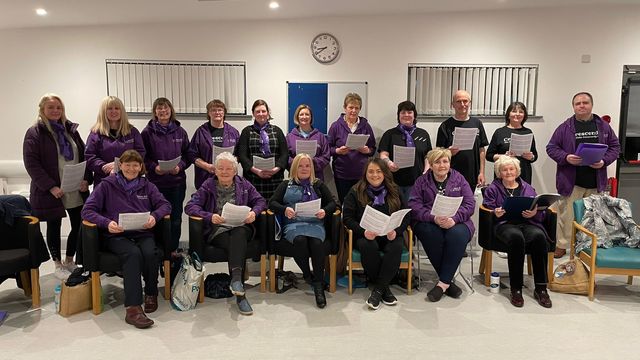AS the conversation surrounding constitutional change on the island of Ireland continues to gain momentum, three members of the Oireachtas gathered in St Mary’s University College to set out their vision on the important aspects around preparations for a New Ireland.
Joining the panel were Labour party’s Senator Marie Sherlock, Fianna Fáil’s Erin McGeehan and Sinn Féin TD Louise O’Reilly. While each representative rehashed their party positions, it was the question and answer session with the audience which bore fruit.
It was refreshing to hear Senator Erin McGeehan talk about how the establishment parties in the South need to approach policy with a 32 county mindset and how voters in the North should have a vote in Presidential elections, however I was left wondering how her own party's partitionist policy when it comes to standing candidates in the North fits into her grand view for a ‘New Ireland’.
Working holiday in Belfast!
— Senator Marie Sherlock (@marie_sherlock) August 4, 2022
Delighted to speak at @FeileBelfast today- “Preparing for a New Ireland”
Pictured here with my father in law Albert. #UnitedIreland #SharedIsland pic.twitter.com/QRpcBmjRiv
At times the audience were left perplexed while Ms McGeehan rambled about how Taoiseach Micheál Martin and the Shared Ireland Unit were the best things since sliced bread.
A question from the audience on the issue of opening an Irish passport office in Belfast provoked an awkward response from Senator Sherlock who said that she was unaware that there wasn’t one, despite the long campaign of Senator Niall Ó Donnghaile, who was sitting at the back of the room.
When Senator McGeehan pointed out to her that a motion had been brought to the Seanad in June she reiterated her surprise that there wasn’t already a passport office here.
A packed St Mary’s University College this afternoon for the Preparing for a New Ireland discussion with @loreillysf, @ErinMcGreehan and Senator Marie Sherlock pic.twitter.com/ytbeCkKjqU
— Féile an Phobail (@FeileBelfast) August 4, 2022
I am sure that the audience would agree that the standout contribution of the day came from Sinn Féin’s Louise O’Reilly whose no nonsense approach to the topic came across as genuine and sincere.
If her facial expressions were anything to go by, she was as perplexed as the audience at some of the comments being made by her fellow panellists but maintained a degree of decorum and diplomacy and set out her differences of opinion in a manner that what widely applauded by those in the audience.
It is clear that there is still some way to go to change the attitudes of some political parties in the South when it comes to how they approach issues in the North and constitutional change but it is somewhat of a comfort to see them willing to engage in conversations such as this.








